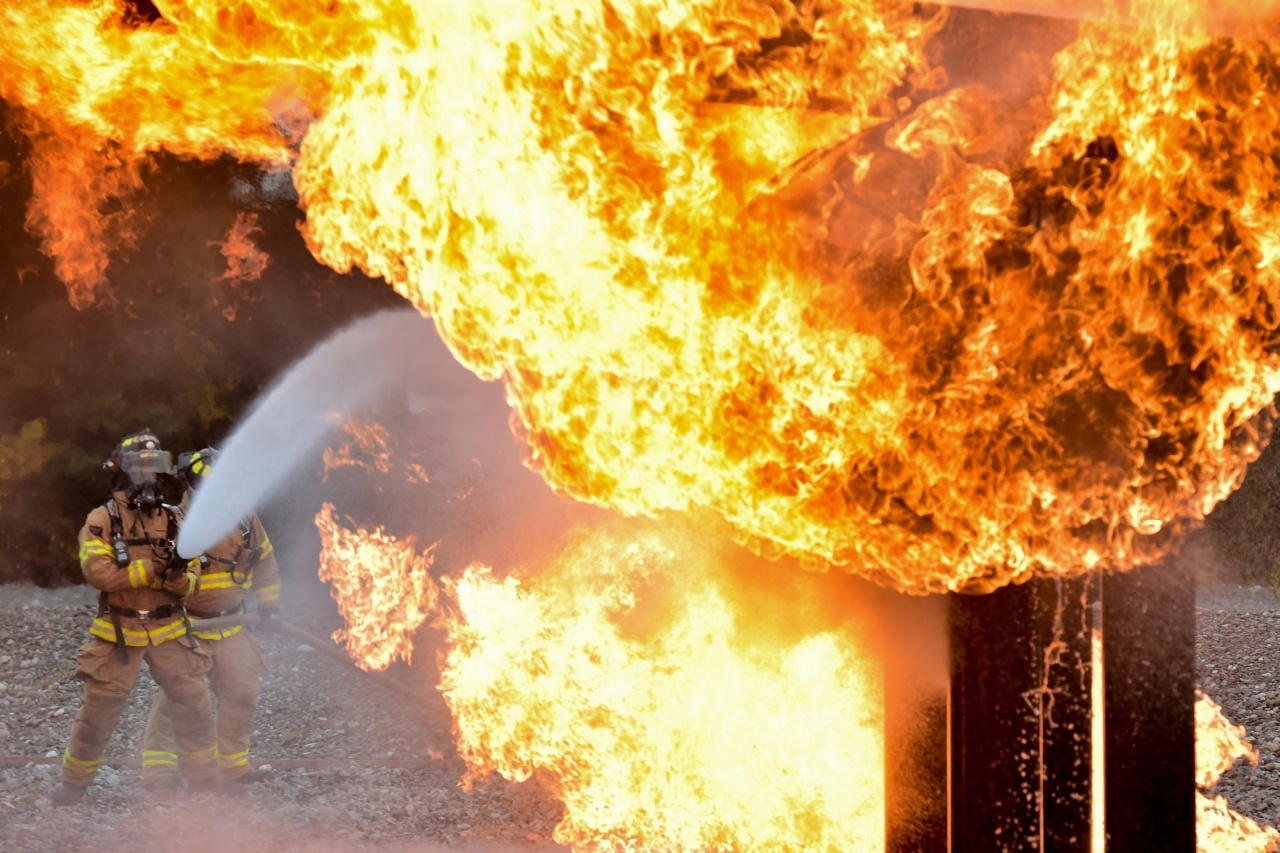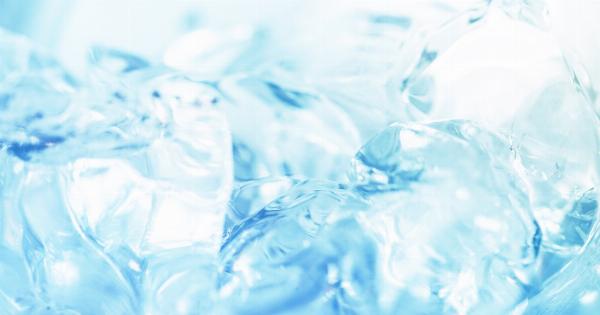Drinking water is essential for our overall health and well-being. It keeps us hydrated, helps with digestion, and supports various bodily functions.
But have you ever wondered if the temperature of the water you drink could affect your calorie-burning potential?.
The Science behind Burning Calories
Before we dive into the topic, let’s first understand how our body burns calories. Our body requires energy to perform its functions and maintain our basic bodily functions, such as breathing, circulation, and cell production.
The calories we consume through food and drinks provide this energy.
The body constantly burns calories, even when we are at rest. This baseline calorie burn is known as the basal metabolic rate (BMR). Additional calories are burned through physical activity, exercise, and the process of digestion, among other factors.
The Theory behind Ice Water and Calorie Burning
According to a popular theory, drinking ice water can help burn more calories as the body expends energy to warm the water to its normal temperature.
This theory suggests that the body burns extra calories to raise the temperature of the water, thus boosting metabolism and aiding in weight loss.
While the idea may seem plausible at first glance, let’s dig deeper to understand the actual impact of ice water on calorie burning.
The Truth about Ice Water and Calorie Burning
While it’s true that the body needs to warm up ice water after ingestion, the actual number of calories burned in this process is minimal.
The energy expended to raise the temperature of the water is negligible and does not contribute significantly to overall calorie burn.
Research suggests that drinking ice water can slightly increase calorie expenditure due to a phenomenon known as thermogenesis or the production of heat in the body.
However, this increase is temporary and not substantial enough to significantly impact weight loss or calorie-burning efforts.
Other Factors Affecting Calorie Burn
It’s important to recognize that the impact of one factor, such as drinking ice water, on calorie burning is minimal compared to other influential factors.
Factors such as age, genetics, body composition, and physical activity level have a much greater impact on calorie burn and metabolism.
Exercise and physical activity, for example, significantly contribute to calorie burn. Engaging in regular exercise, which includes cardiovascular activities and strength training, can help boost metabolism and increase the number of calories burned.
This continuous calorie burn during exercise and even after exercise is known as the afterburn effect.
Building lean muscle mass through strength training also increases the body’s metabolic rate, leading to higher calorie burn even at rest.
Additionally, consuming a balanced diet with an appropriate calorie intake plays a crucial role in maintaining a healthy weight and supporting overall well-being.
Benefits of Drinking Water
While ice water may not have a significant impact on calorie burning, staying hydrated by drinking water is vital for various reasons:.
1. Proper hydration:
Water is essential for maintaining the balance of bodily fluids, aiding digestion, and regulating body temperature.
2. Improved performance:
Proper hydration translates to improved physical and mental performance, making it crucial for athletes and active individuals.
3. Weight management:
Drinking water can help with weight management by promoting feelings of fullness and reducing the likelihood of overeating.
4. Digestive health:
Adequate water intake supports healthy digestion, preventing issues like constipation and promoting regular bowel movements.
5. Skin health:
Hydrated skin appears healthier and more radiant. Water helps maintain skin elasticity and promotes a youthful complexion.
6. Detoxification:
Water helps flush toxins out of the body through sweat and urine, aiding in detoxification processes.
Conclusion
While the idea of ice water aiding calorie burning may sound enticing, the reality is that its impact is minimal. Drinking ice water does not significantly contribute to weight loss or increased calorie burn.
However, staying hydrated by consuming sufficient water is crucial for overall health and well-being.
It’s important to focus on maintaining a balanced diet, engaging in regular physical activity, and adopting healthy lifestyle habits to support weight management and overall metabolic health.
These factors have a more significant impact on calorie burn and achieving your health goals.



























